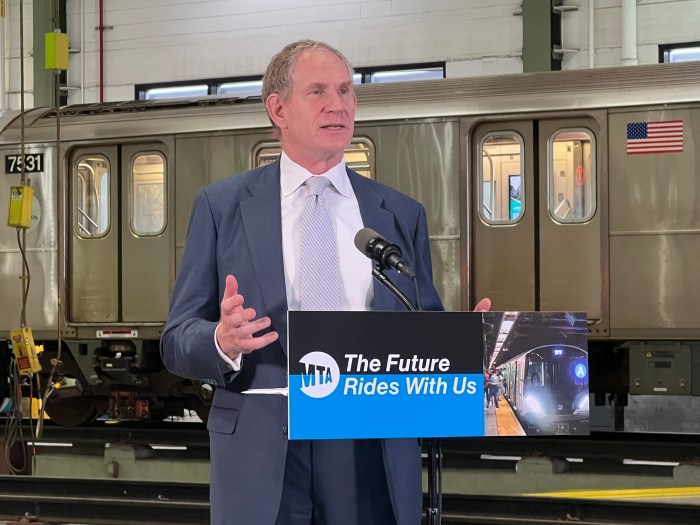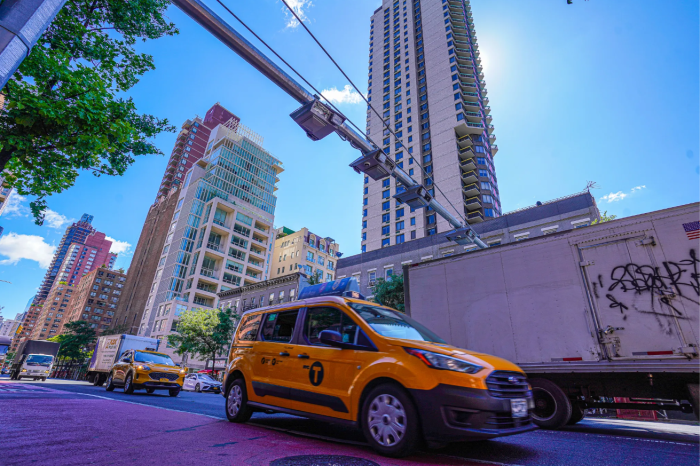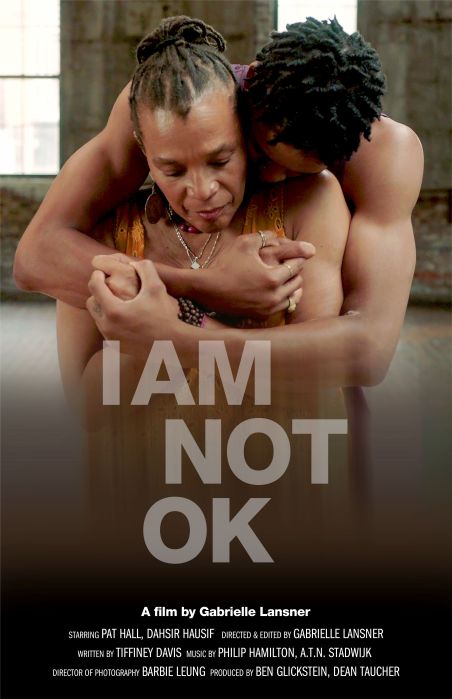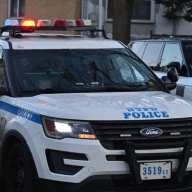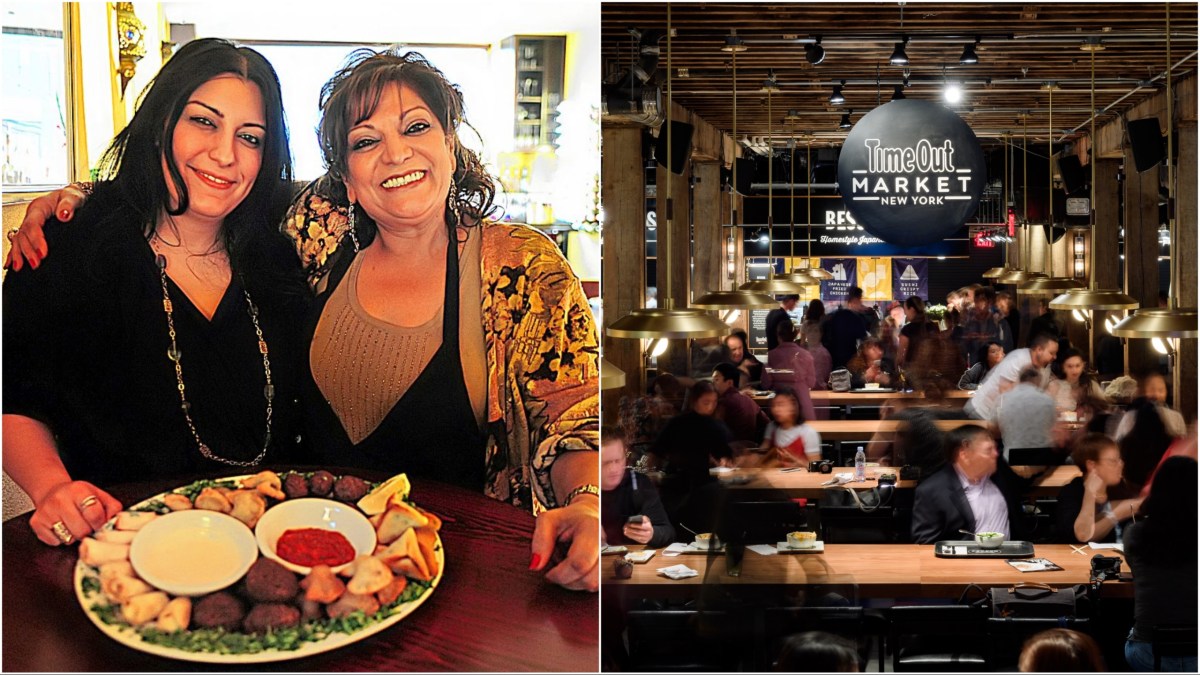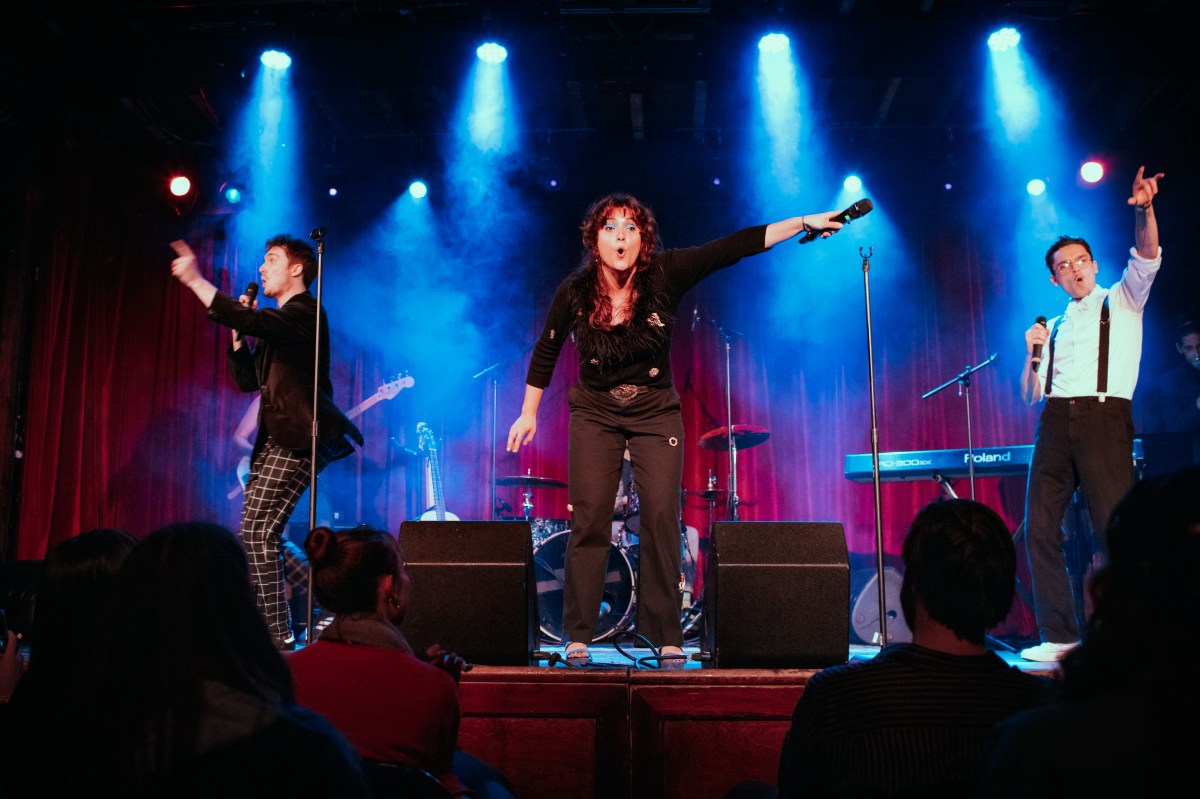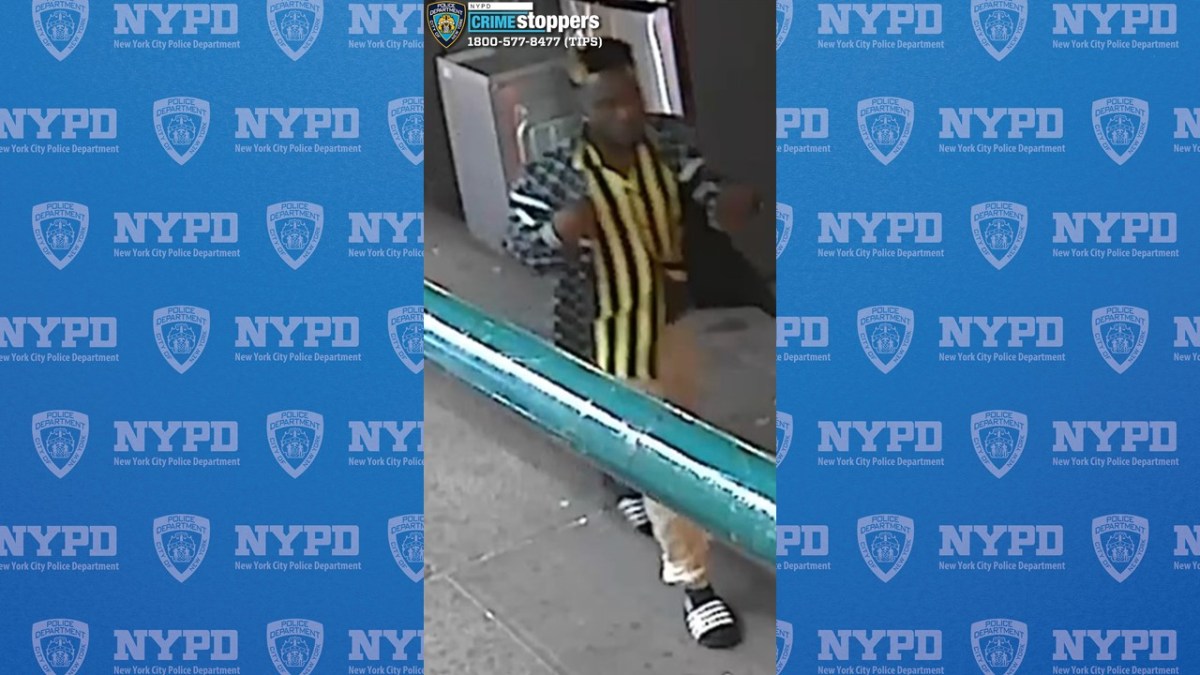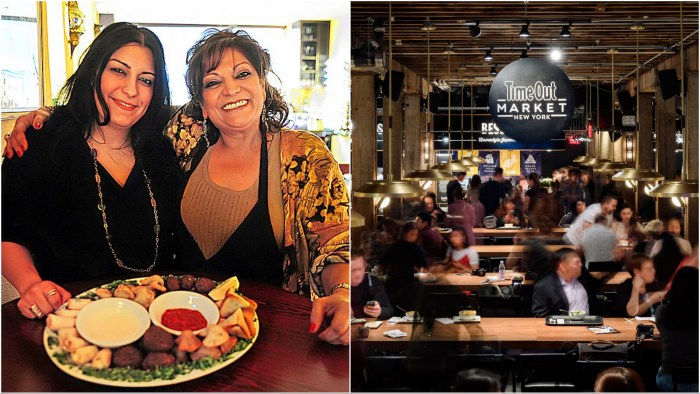A majority of New Yorkers prefer a millionaire’s tax over congestion pricing when it comes to funding fixes to the city’s crumbling transit infrastructure, a new poll found.
Sixty-four percent of registered voters who were surveyed said they support a proposal to increase taxes on the city’s wealthiest earners, while only 21 percent favored tolling motorists entering Manhattan, according to the Quinnipiac University Poll released on Friday.
Support for the millionaire’s tax was strong in each borough and spanned across every listed party, gender, age and racial group, the poll found. Support was highest in Queens, with 71 percent of those polled favoring the millionaire’s tax over congestion pricing.
“Millionaires are more likely riding to work in Escalades or Town Cars than on the No. 6 train, but New York City voters say that’s all the more reason they should pony up funding to make commuting easier for the rest of us,” said Tim Malloy, assistant director of the Quinnipiac University Poll.
Gov. Andrew Cuomo has said he is considering a form of congestion pricing as a new revenue stream for funding the troubled transit system. He is expected to unveil details of a plan during his State of the State address in 2018.
Voters, however, may not take kindly to Cuomo’s proposal. When presented with a hypothetical congestion pricing plan that would toll motorists entering Manhattan, but lower tolls at other crossings that don’t involve the borough, voters opposed the plan 52-40 percent. Perhaps unsurprisingly, support for the plan was highest with Manhattan voters at 58 percent. Staten Island was least in favor of the plan, with 69 percent opposed.
The findings come on the same day that Cuomo announced the creation of a 16-person panel tasked with coming up with proposals to fund the MTA and reduce congestion on city streets.
In July, amid a string of major subway service issues, MTA chairman Joe Lhota unveiled a $836 million short-term action plan to fix the trouble transit system. But Mayor Bill de Blasio has pushed back against the state’s request that the city fund half of the bill.
De Blasio, who often does not see eye-to-eye with Cuomo on how to solve the city’s problems, proposed a millionaire’s tax to fund the MTA back in August. He has openly opposed congestion pricing, arguing that it creates equity issues for low-income New Yorkers in the outer boroughs who use cars to get into Manhattan.
Under his millionaire’s tax plan, an individual making about $1 million would pay about $2,700 more in annual taxes, or about $7 a day, according to the mayor, who has called the tax a “modest increase.”
Of those surveyed by Quinnipiac University, 72 percent were in favor of increased taxes on people making more than $1 million a year.
Only 28 percent of voters citywide said they think the quality of subway service has been “excellent” or “good,” according to the poll, while 64 percent rated service “poor” or “not so good.” The lowest score came from Queens, where less than 1 percent of those polled consider service to be “excellent.”
“No matter what borough you board in, the subway is a rough ride. Manhattan straphangers are the least vocal complainers, but in Queens — fuhgeddaboutit,” Malloy said.
The MTA is a state-run agency under the direction of Cuomo — a fact that some New Yorkers still struggle to recognize. Of the voters who had negative views of subway service, 37 percent blamed Cuomo, 31 percent blamed de Blasio, 9 percent blamed both and 10 percent blamed neither.
Quinnipiac University surveyed 822 New York City registered voters with a margin of error of plus or minus 4.4 percentage points, including the design effect, between Sept. 27 and Oct. 4.
With Vincent Barone and Laura Figueroa




